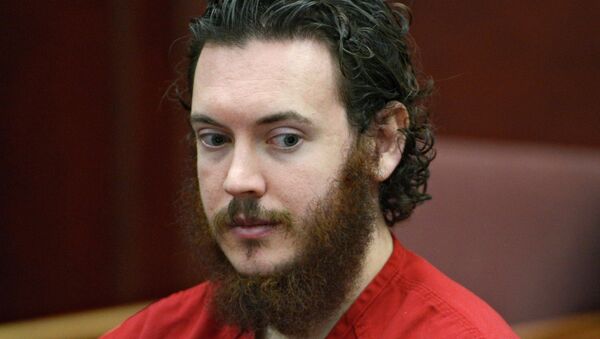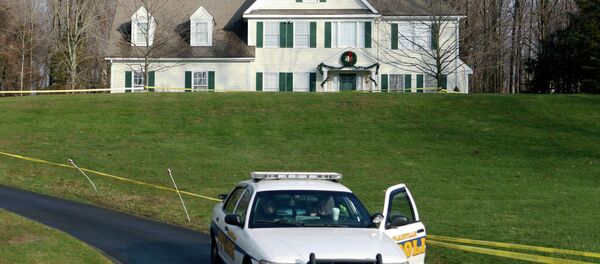On June 2012, 24-year-old James Holmes opened fire in the Century Aurora 16 cineplex, killing 12 people and wounding 70. Some victims were killed trying to protect others.
Survivors of the shooting and families of victims took the chain to court in a separate federal case on charges of negligence, claiming that the attack could have been prevented with better security. That case was dismissed. Marc Bern, the lawyer for the almost 30 plaintiffs said the weeklong trial rendered an "unjust verdict."
This maneuver appeared to some to be especially cold, given that three of the five hospitals that treated the shooting victims either forgave or discounted medical bills. Children’s hospital said, in a statement, after the shooting, "We are committed to supporting these families as they heal."
In civil cases, the winners typically have the option of dropping whatever costs are levied, so while it seems in bad taste to ask for money from victims, the corporation may be using the dollars as a tactic to prevent further litigation.
Final totals have to be approved by judges before people have to pay, so there’s a possibility that people involved in the case may not have to pay at all, but the coercive nature of the countersuit may shield Cinemark from having to spend more time in court.
Using a different tactic, families of the victims of the Sandy Hook Elementary School shooting, which also occurred in 2012, focused on the manufacturers of the gun that the shooter used when he killed 26 children before killing himself on December 14. They argued that selling and marketing the AR-15 assault rifle, a gun designed for use by the military and trained professionals, to civilians constitutes negligence on the part of the companies.
Timothy D. Lytton, in an article for The New Republic wrote that, given the policies of some retailers, the plaintiffs might have a case. "…some gun manufacturers have sold semiautomatic assault weapons in the form of complete parts kits in order to avoid federally mandated background checks that apply to the sale of firearms but not firearm parts. Others continue to supply retail stores that they know sell hundreds of guns traced to crimes every year," he said.




